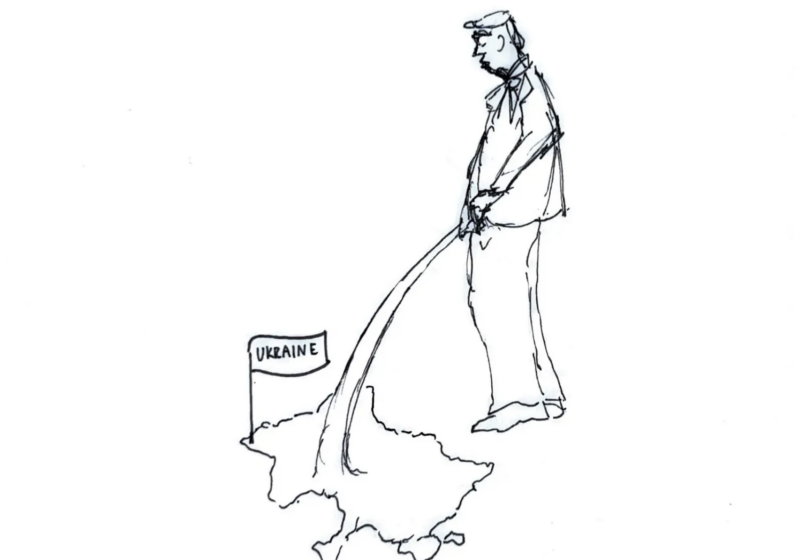Rowing is a demanding sport. Between the practices at dawn and the constant injuries, even sophomore Saralina Schell admits, “If you ask anyone on crew why they love it, they don’t really know. We just do.”
Growing up, Schell and her family were never big on sports. Though she did have a stint with swimming, the Kentucky resident never found rowing to be accessible until she came to UR. The Genesee River provided a platform for Schell to pursue rowing, following in the footsteps of her grandparents, who also rowed.
As it turns out, she loved the sport and the camaraderie that came with the all-female team. So, when Schell found out that she was going to Azerbaijan the summer after her freshman year, there was an expectation that she would continue rowing. Unfortunately, this was a lot more difficult than she anticipated.
After completing an exchange program in Turkey as a high school sophomore, Schell looked forward to returning to the country; she could continue improving her understanding of the Turkish language and culture. Plans quickly changed as Schell found out she would be sent to Azerbaijan in light of safety concerns looming in Turkey. She stayed there for two months with a host family, and attended classes solely taught in Azerbaijani.
The experiences Schell gained outside of the classroom were perhaps the most important in understanding her role as a woman and specifically, as an athlete. Given its recent transition from a socialist government to a democracy, many Azerbaijan people still hold conservative values, especially with regard to women.
Schell couldn’t ignore the culturally-accepted habit of men staring at women. This tradition was present even at the local gym, where Schell emphasized how uncomfortable it was to be watched as she exercised.
“Most of the men were on the weightlifting side of the gym while women were on the treadmills,” Schell said.
There’s a taboo surrounding weightlifting women and stairmaster men. Whether the lack of women in weightlifting areas is a result of accepted gym norms or societal standards for leaner female bodies remains to be seen. Whatever the case may be, Schell pointed out how gendered gyms exist across many borders.
Though Schell was successful in finding a gym close to her school, many of them didn’t have indoor rowing machines that she could use to practice. Rowing is not a popular sport in Azerbaijan.
“Even if there was a rowing team I could practice with, it would be all men and I wouldn’t be allowed to practice with them,” the sophomore said.
Indeed, there is a national Azerbaijani rowing team for men— but not for women. When trying to find teams to row with, Schell was often asked why she would want to row or exercise in the first place. Exercising is not a huge part of the Azerbaijani culture, and is only beginning to catch on with younger, more affluent men.
Not only due to accepted gender norms, but in large part due to the weather, exercise outside is especially rare. In fact, the entire time she was there, Schell only saw one person running. Unsurprisingly, that person was male.
Staying fit doesn’t only have to do with exercising, but also with eating right. As an athlete, Schell understands the importance of getting her daily dose of fruits and vegetables—a more difficult task in Azerbaijan.
“The food in Azerbaijan is similar to German food. They use lots of fats and oils in cooking, so it’s nice to be back at school with healthier options,” Schell said.
Back to eating healthy and rowing, Schell is starting off her sophomore year on a high note.





